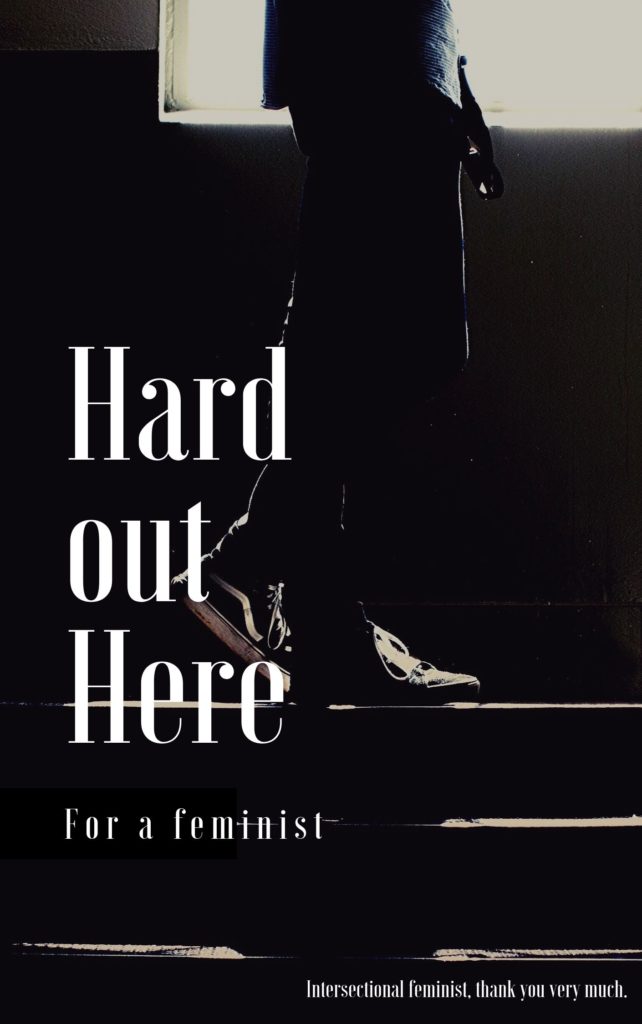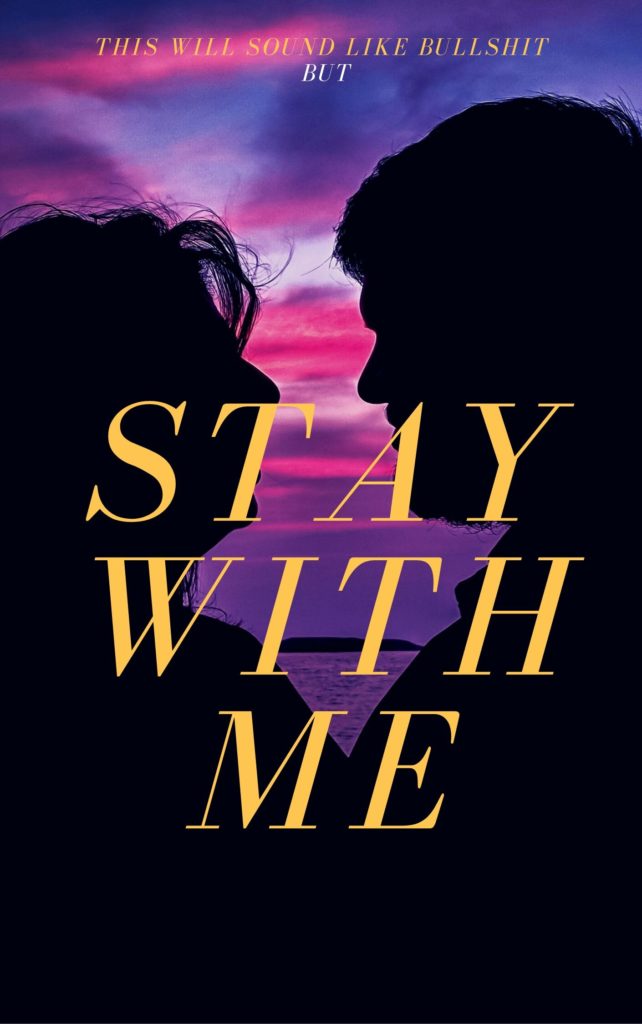Living with anxiety is real. At the end of the work day, I face a clamorous din of the moments, decisions, and interactions of the day, overlapping in instant-replay. It’s rarely one specific moment; more often it’s a grey noise unquiet of my mind that I have difficulty shaking off. Some days the only thing for it is to indulge in a good, old-fashioned binge watch of crime dramas. When I have a high-stress phase, I stop reading books almost altogether in favor of re-watching episodes of problematic but delicious and comforting media like Law & Order SVU. We can talk about my thoughts on that another time.
I recently received a Kindle as a birthday present, and on recommendation from two book-loving friends, I bought Ilona Andrews’s Burn For Me. Since then I have plunged head-first into the urban fantasy genre, where I had but gently waded before. Friends, I am so happy here! I have read more books in the past few months than in the past few years (3 this week!!) and I’m itching to try my hand at some writing. And maybe I will have to. Because I am having trouble finding my feminism reflected in the genre.

Urban fantasy generally titillates the reader with a one true pairing (OTP) romance alongside the monster-fighting and world-building. Much to my spouse’s dismay, I am a primary shipper, rooting every time for exactly who the novelist, show-runner, or playwright is developing a romance around. The first time that I went with Love to the Dragon Con convention, we attended a panel about The X Files, where I learned that one of the most contentious arguments in modern sci-fi nerdery was whether you shipped (hoped for/believed in a relationship between) Mulder and Scully or did not. I shipped The X Files. I shipped Benson and Stabler on SVU and he was married. God help me, I shipped Veronica Mars and Logan. Talk about problematic.
So the ship gets me every time. But in Urban Fantasy (at least what I’ve been reading), the ship defaults to straight, defaults to whiteness, defaults to a strong, possessive man protecting a strong woman. I can’t seem to escape the trope (at least in the books I’m reading) of a powerful woman who vanquishes her enemies but secretly wants to be wrapped in the strong, hairy arms of a growling beast. He scowls at her enemies. He admonishes her for putting herself in harm’s way to get the job done while consistently doing the same. In the Ilona Andrews (a wife and husband writing team) novels, he also seems to consistently be “corded with muscle” and emits “male” sighs when resigned to his fate… or turned on… or both. Don’t get me wrong, I would love to be as talented as this duo.
But I would also love a feminist, queer, fat, POC, nonbinary, trans, and/or disabled main character. I think we deserve it. I think there are some out there for me to find. I think this genre is perfectly suited for a feminist upheaval. And I think I’m going to write some.

Urban fantasy loves an anti-hero. I am fascinated by the evolution of the anti-hero over time from gruff man with rage issues (bonus points if those rage issues have to do with not liking people who are cruel to poor, defenseless women—I’m looking at you, Stabler) to today’s tough-ass women who don’t trust easily. Urban fantasy keeps both, and tempers the overbearing man by shifting the focus onto a the defiant lady heroine. It’s a delightful push and pull, but I think with some intention we can rip this trope right into the 21st century. For starters, queerness would be a ding dang delight in this world, unseating many of the traditional plot lines of man-saves-day → woman-refuses-to-yield-to-man→ man-keeps-looking-at-woman-funny-while-woman-struggles-with-self-consciousness → SEX. And if you don’t think this one tiny twist of character identity would upset the whole patriarchy, I’m guessing you’ve never planned a gay wedding.
Urban fantasy is a brilliant derivative from the high fantasy (and even sci-fi) I loved in my youth. It evokes monsters, demons, and evolution in response an influx of magic/monsters/heroes. It can bring Austen’s subtext, rule-building, and hierarchy into the relationships between Weis and Hickman’s misfit magical heroes and then rip the whole thing out of Krynn and drop it into an Atlanta summer fighting the traffic on I-285. It’s gorgeous and supple and it knows no boundaries. It can conjure creatures with whatever traits we weave into it. So why is every character I read a cis man or cis woman? Why do I devour book after book that describes a character meeting a short man, a woman, and then a tall Black man?
To be plain, my point is that as a genre, urban fantasy tends to default to traditional beauty, whiteness, straightness, and cis and able-bodied characters while spinning worlds with brand new rules. We are singularly gifted with the opportunity to fade privilege, white supremacy, and heteropatriarchy from the limelights of our stories, and I want in.
So I think I’m going to write some stories. I’m definitely going to keep seeking out work that pushes the genre further ahead. I acknowledge that I may be reading books and seeing tokenism in what may have been progressive representation at the time. I want to believe in these writers who have built this fun, friendly, approachable genre with depth and imagination. And I do. But I also believe they can be better. And I want in.
If you read this and you know of examples of good, compelling writing that features underrepresented voices in this genre (or neighboring genres, or maybe it’s only a little bit good), by all means, please leave a comment. I’m (un)dying to know.